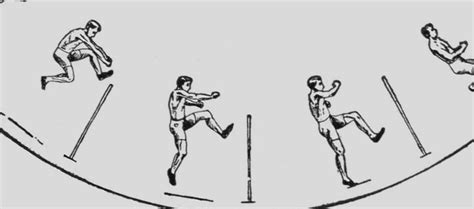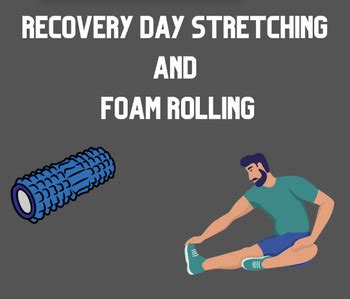Optimize intense workout recovery for faster muscle growth & sustained peak performance?

The Crucial Role of Post-Workout Recovery
Intense workouts push your body to its limits, creating microscopic tears in muscle fibers and depleting energy stores. While the training itself is the stimulus, it’s during the recovery phase that your muscles actually repair, rebuild, and grow stronger. Neglecting proper recovery not only hinders muscle growth but can also lead to fatigue, injury, and a plateau in performance. Optimizing this period is key to unlocking faster gains and sustaining peak physical condition.
Prioritize Quality Sleep for Cellular Repair
Sleep is arguably the most underrated component of recovery. During deep sleep cycles, your body releases growth hormone, which is vital for muscle repair and regeneration. Aim for 7-9 hours of uninterrupted, high-quality sleep each night. Establishing a consistent sleep schedule, creating a dark and quiet environment, and avoiding screens before bed can significantly improve your sleep quality and, consequently, your recovery.

Fuel Your Body: Post-Workout Nutrition
What you eat after a workout is just as important as the workout itself. The ‘anabolic window’ post-exercise is crucial for replenishing glycogen stores and providing the building blocks for muscle repair. Focus on a balanced intake of macronutrients:
- Protein: Consume 20-40 grams of high-quality protein (whey, casein, lean meats, plant-based sources) within 30-60 minutes post-workout to kickstart muscle protein synthesis.
- Carbohydrates: Replenish depleted glycogen stores with 0.5-0.7 grams per pound of body weight of fast-acting carbohydrates (fruits, white rice, potatoes) to aid recovery and energy restoration.
- Healthy Fats: While not immediately post-workout, ensure adequate healthy fats throughout the day for hormone production and overall health.

Hydration: More Than Just Water
Dehydration can severely impair performance and recovery. During intense exercise, you lose significant fluids and electrolytes through sweat. It’s critical to rehydrate adequately throughout the day and especially after your workout. Don’t just drink water; consider electrolyte-rich beverages if your sessions are prolonged or particularly intense, to restore sodium, potassium, and other vital minerals lost.
Embrace Active Recovery & Mobility
While rest is essential, complete inactivity can sometimes prolong muscle soreness (DOMS). Active recovery, such as light cardio (walking, cycling, swimming) at a low intensity, helps increase blood flow to muscles, delivering nutrients and clearing metabolic waste products. Incorporate mobility work like stretching, foam rolling, and yoga to improve flexibility, reduce muscle tightness, and enhance range of motion, all contributing to faster recovery and injury prevention.

Strategic Supplementation for Enhanced Recovery
While whole foods should form the foundation, certain supplements can play a supportive role in optimizing recovery, especially for those with very intense training schedules:
- Creatine: Helps replenish ATP, improving strength and power, and potentially aiding recovery.
- BCAAs/EAAs: Essential amino acids can support muscle protein synthesis and reduce muscle breakdown.
- Omega-3 Fatty Acids: Known for their anti-inflammatory properties, which can help reduce muscle soreness.
- Magnesium: Important for muscle function, nerve transmission, and sleep quality.

Listen to Your Body & Prevent Overtraining
Ultimately, recovery is highly individualized. Pay attention to your body’s signals. Persistent fatigue, decreased performance, prolonged muscle soreness, irritability, or disrupted sleep can be signs of inadequate recovery or overtraining. Implement deload weeks, vary your training intensity, and ensure you’re taking rest days when needed. Consistency in recovery practices is just as important as consistency in training.

Conclusion
Optimizing intense workout recovery is not a luxury, but a necessity for anyone serious about muscle growth and sustained peak performance. By prioritizing quality sleep, intelligent nutrition, proper hydration, active recovery, and strategic supplementation, you can significantly accelerate your body’s ability to adapt, repair, and come back stronger. Integrate these strategies into your routine, and watch your progress soar.







